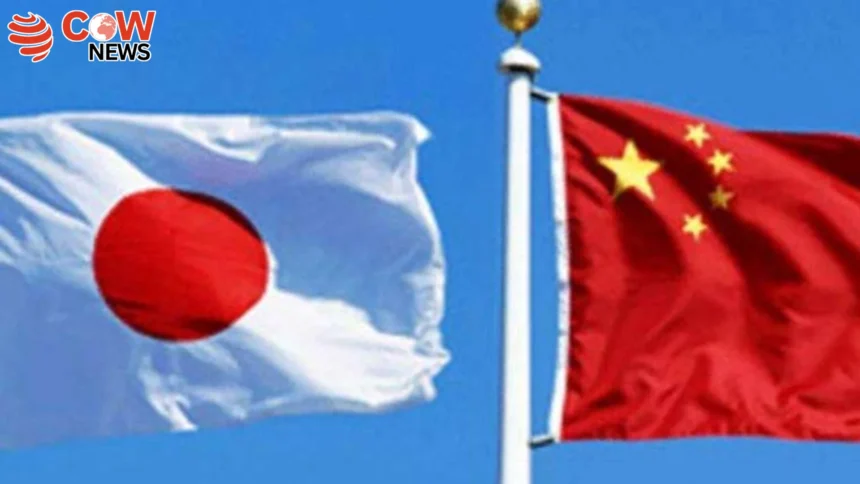Beijing(The COW News Digital) China’s Premier Li Qiang has decided not to meet his Japanese counterpart, Sanae Takaichi, during the upcoming G20 summit, according to official statements from the Chinese Ministry of Foreign Affairs. The announcement highlights ongoing diplomatic sensitivities between Beijing and Tokyo, even as both countries participate in multilateral discussions at the global forum.
A spokesperson for the Chinese Foreign Ministry, Mao Ning, confirmed that despite repeated indications from Japan expressing a desire for dialogue, Premier Li has no scheduled meetings with the Japanese leader during the summit. “There are currently no plans for a bilateral meeting,” Mao said, urging the Japanese government to adopt a cautious approach regarding this matter.
Read More:
- US Slams Palestine Recognition as Empty Symbolism
- Trump Threatens Kabul Over Bagram Airbase Control
- Late-Night Dinners Linked to Higher Blood Sugar Risk
Observers note that the decision reflects broader geopolitical tensions and historical sensitivities that continue to influence China-Japan relations. While both countries are active participants in regional and global economic discussions, political and strategic disagreements often complicate direct engagement between the two leaderships.
The G20 summit, which gathers leaders from the world’s major economies, provides a platform to address issues ranging from global trade and economic recovery to climate change and international security. While China and Japan are expected to participate in multilateral sessions, the lack of a bilateral meeting signals that tensions remain unresolved at the leadership level.
Mao Ning emphasized that China remains open to dialogue under appropriate conditions but stressed that any discussions must respect Beijing’s political priorities and sensitivities. The statement underscores China’s careful management of diplomatic engagements in the context of its broader foreign policy strategy.
Analysts suggest that the absence of a direct meeting could limit opportunities for immediate resolution of ongoing disputes or tensions between the two nations. However, both countries may continue informal or indirect communication channels to manage specific issues, including trade, security, and regional cooperation.
The decision not to meet is likely to attract international attention, as media and political observers monitor China-Japan relations closely, given their impact on East Asian stability and global economic dynamics. Both governments have indicated that they will continue to engage through multilateral forums and diplomatic channels, even if direct leadership-level interactions are postponed.
As the G20 summit approaches, the spotlight on China-Japan interactions remains high, emphasizing the importance of carefully navigating diplomacy amid ongoing regional and global challenges.








